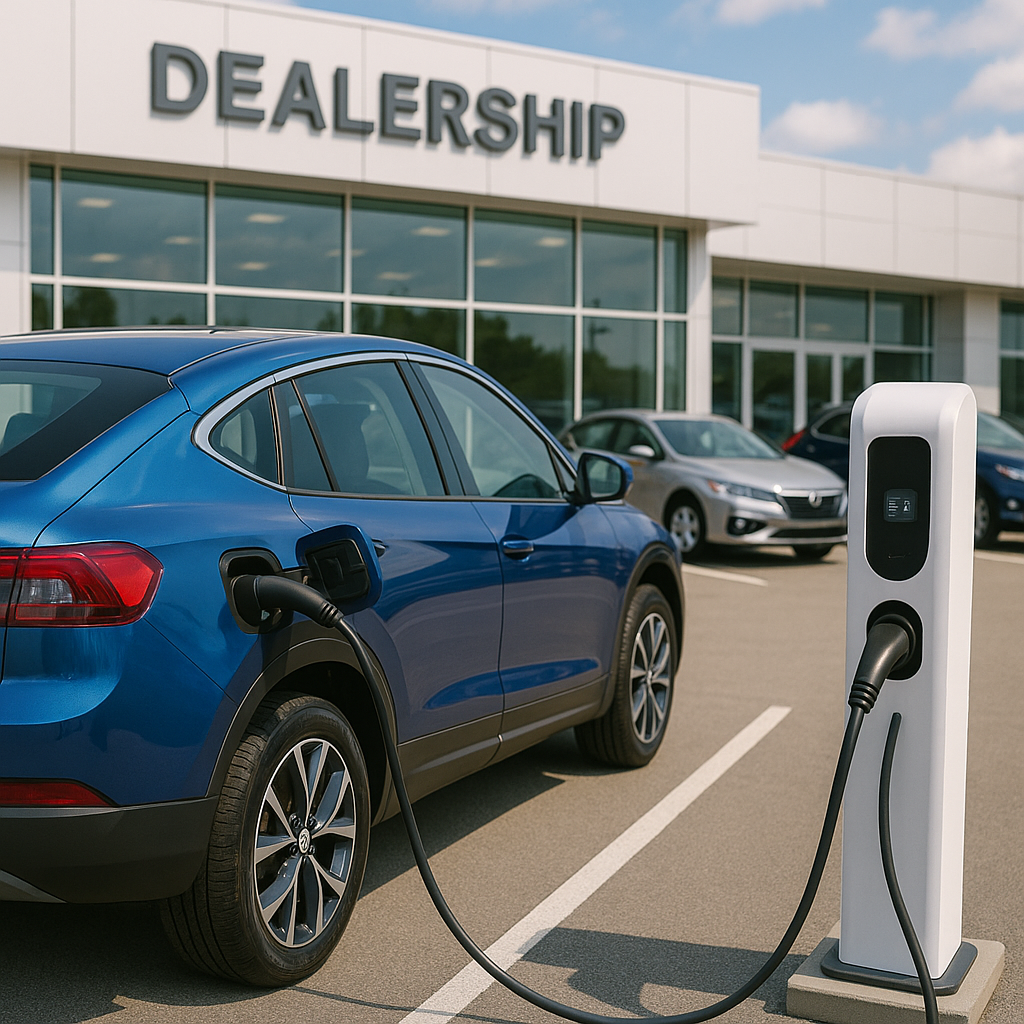ISO 15118: Why It’s So Important to the Future of EVs

A meaningful transition to EVs requires a shift in both infrastructure and consumer behavior. That’s why ISO 15118 was created. It’s an international standard for vehicle-to-grid communication that aims to improve the charging experience for drivers and charge point operators (CPOs).
Let’s explore three key outcomes provided by the standard and why they’re so important for the future of EVs.
Increased interoperability from ISO 15118 Plug and Charge
Concerns around the ease and viability of charging are a significant barrier to EV adoption. ISO 15118 aims to address this by improving the process of charging an EV at a public charging station. The ISO 15118 standard, sometimes referred to as ‘Plug and Charge,’ will allow drivers to simply plug the charging cable into their vehicle and let their EV automatically identify and authorize itself to the charger to receive energy. This reduces the steps needed for a driver to charge their vehicle, increasing efficiency and reducing hassle.
Combining it with other standards like Open Charge Point Protocol (OCPP) will help advance the charging experience for drivers and CPOs. OCPP-compliant EV charger management software CitrineOS gives CPOs a common platform to build reliable and resilient charge points, making it easier to identify and resolve maintenance issues in real time, as well as create user experiences that reflect their own needs and business models.
Enhanced data security
As the number of EVs on the roads grows, so does the use of public EV chargers. These chargers require security features to protect the electrical grid and sensitive user data like credit card information, name and location. Secure communication between a vehicle and charging station is absolutely paramount to avoid unauthorized access to critical hardware and personal information.
One of the main functions of ISO 15118 is to ensure the facilitation of secure communication channels. The standard utilizes a series of cryptographic mechanisms for authentication, preventing access from unauthorized parties, protecting personal information and ensuring all communication is adequately encrypted to avoid remote tampering and other potential cyber threats.
The security features of ISO 15118 are constantly advancing to account for ongoing growth in EV infrastructure and the evolving methods of malicious actors, with ISO 15118-20 being the most recent iteration.
Optimized energy usage
It’s crucial to consider the impact that mass EV adoption could have on electrical grids in the absence of standardization around energy usage. Given that each grid contains multiple components, each with its own functions and limitations, it’s critical that EV charge points have a reliable means of measuring and controlling the flow of electricity so as not to cause unpredictable disruptions.
ISO 15118 has been designed to optimize the integration of EVs and charging stations into the grid through a number of intelligent communication mechanisms. It will allow a grid’s current energy capacity to be measured against the energy demands of EVs and the needs of the individual driver through a process of real-time negotiation. This means that energy usage will always be in agreement with the capacity of the grid, regardless of the number of EVs connected to charging stations at a given time.
Smart and secure charging with ISO 15118
As the adoption of EVs accelerates, the critical role of ISO 15118 is increasingly apparent. This standard not only enhances interoperability, it also fortifies the security of our expanding EV networks. By implementing robust cryptographic measures, ISO 15118 protects sensitive user data and the integrity of charging infrastructures. Its approach to optimizing energy usage ensures that EVs integrate harmoniously with electrical grids, safeguarding grid stability as EV adoption grows.
These three pillars — interoperability, security and intelligent energy management — are not just individual benefits. They are interdependent facets that collectively drive the growth and success of EV adoption. As ISO 15118 continues to evolve, it promises to shape a future where electric vehicles are not just a sustainable choice but a seamless, secure and smart mobility solution.







